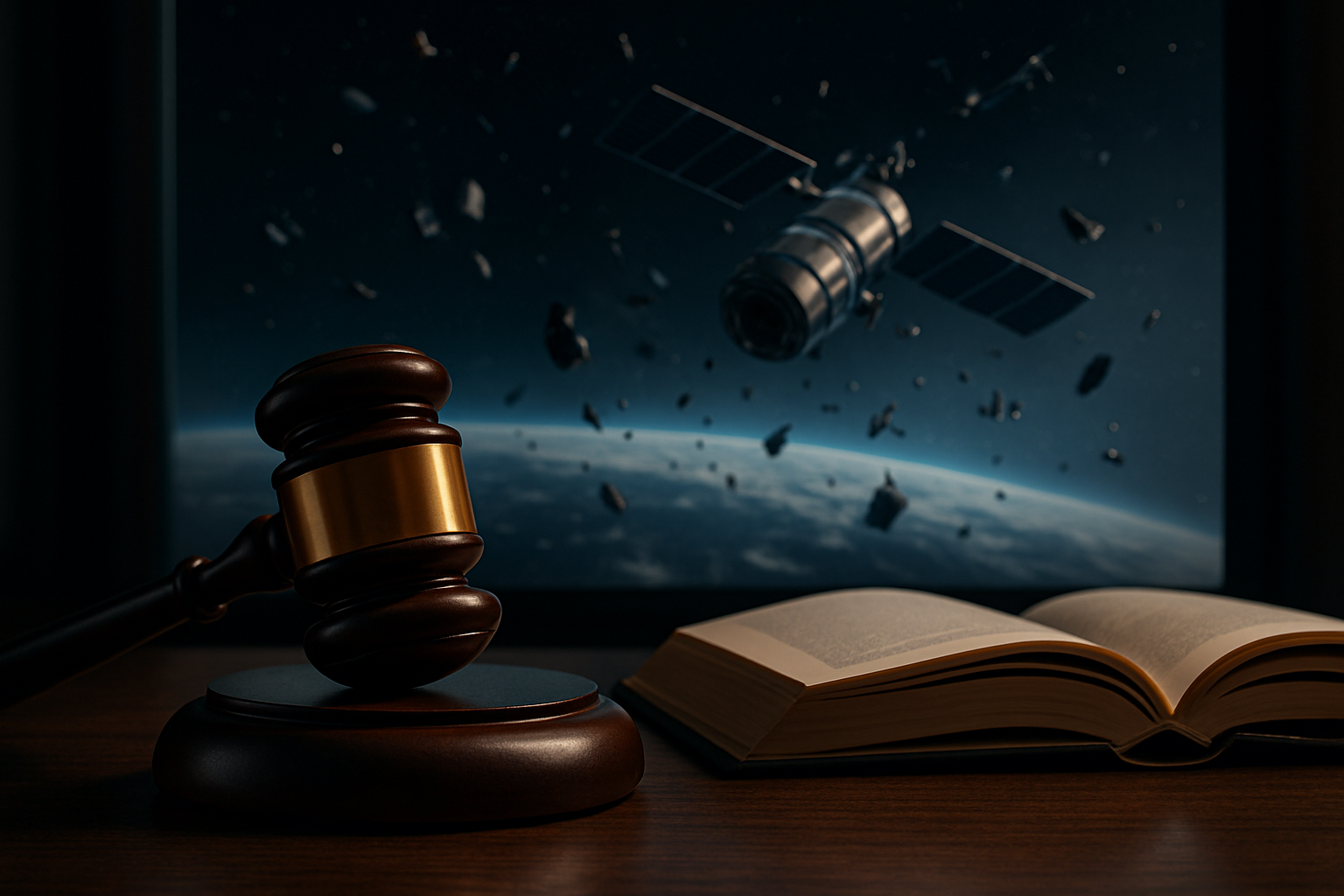The Legal Intricacies of Space Resource Extraction
Introduction: As humanity ventures further into space, the legal landscape governing extraterrestrial resource extraction is rapidly evolving. This article delves into the complex legal framework surrounding space mining, exploring international treaties, national legislation, and the challenges of regulating an industry that operates beyond Earth's borders.

National Space Mining Legislation
In recent years, several countries have enacted domestic laws to facilitate space resource extraction. The United States passed the Commercial Space Launch Competitiveness Act in 2015, granting U.S. citizens the right to own and sell space resources. Luxembourg followed suit in 2017 with its own space resources law, aiming to position itself as a hub for space mining companies. These national laws have sparked debate about their compatibility with international obligations and potential conflicts with the Outer Space Treaty.
The Moon Agreement: A Failed Attempt at Regulation
The 1979 Moon Agreement attempted to establish a more comprehensive framework for lunar and celestial body exploitation. It proposed that resources should be managed through an international regime and that benefits should be shared equitably among all nations. However, the agreement has been ratified by only 18 countries, none of which are major spacefaring nations, rendering it largely ineffective in governing space resource extraction.
Emerging Legal Challenges
As space mining technology advances, new legal questions arise. The concept of property rights in space remains contentious, with no clear consensus on how to establish and enforce claims to specific resource-rich areas. Environmental concerns also present legal challenges, as there are no established regulations for mitigating the potential ecological impact of mining activities on celestial bodies.
International Cooperation and Future Governance
The future of space resource extraction law will likely require increased international cooperation. Proposals for new multilateral agreements or amendments to existing treaties are being discussed in forums such as the UN Committee on the Peaceful Uses of Outer Space. These discussions aim to balance the interests of spacefaring nations, private companies, and developing countries to create a fair and sustainable framework for space resource utilization.
Dispute Resolution Mechanisms
As commercial space activities increase, the need for effective dispute resolution mechanisms becomes crucial. Currently, there is no dedicated international court or tribunal for space-related disputes. Experts are exploring various options, including the creation of a specialized space court or the expansion of existing arbitration bodies to handle extraterrestrial resource conflicts.
Ethical Considerations in Space Law
The legal framework for space resource extraction must also grapple with ethical considerations. Questions of equitable access to space resources, the preservation of scientific and cultural heritage sites on celestial bodies, and the potential militarization of space mining operations all present complex legal and moral challenges that future regulations will need to address.
In conclusion, the legal landscape governing space resource extraction is still in its infancy, evolving rapidly as technology advances and commercial interest grows. Balancing national interests, private enterprise, and the common heritage of mankind will be crucial in developing a robust and fair legal framework for the exploitation of extraterrestrial resources. As we stand on the brink of a new era in space exploration and utilization, the legal community faces the monumental task of ensuring that the final frontier is governed by laws that promote responsible development, international cooperation, and the long-term benefit of all humanity.






